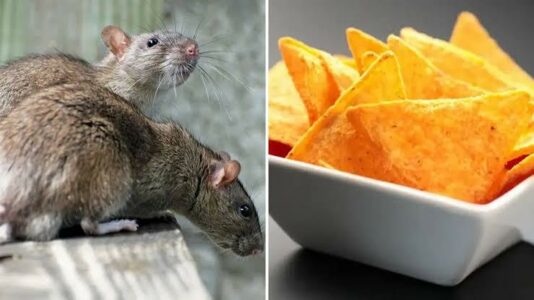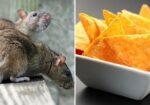Doritos might be known for spicing up snack time, but Stanford researchers have discovered that a dye in the chips can also turn mice translucent. The study, published on September 6 in the journal *Science*, details how researchers at Stanford University in California applied a common food dye called Yellow No. 5 — present in various foods and beauty products — to the skin of live mice. This dye created a temporary “window” that made their organs, muscles, and blood vessels visible. The technique, known as “optical tissue clearing,” has not yet been tested on humans but could potentially enable non-invasive observation and monitoring of injuries or diseases. According to co-author Guosong Hong, a Stanford University assistant professor of materials science and engineering, this technology might improve visibility for procedures like blood drawing, laser-based tattoo removal, or the early detection and treatment of cancers.

